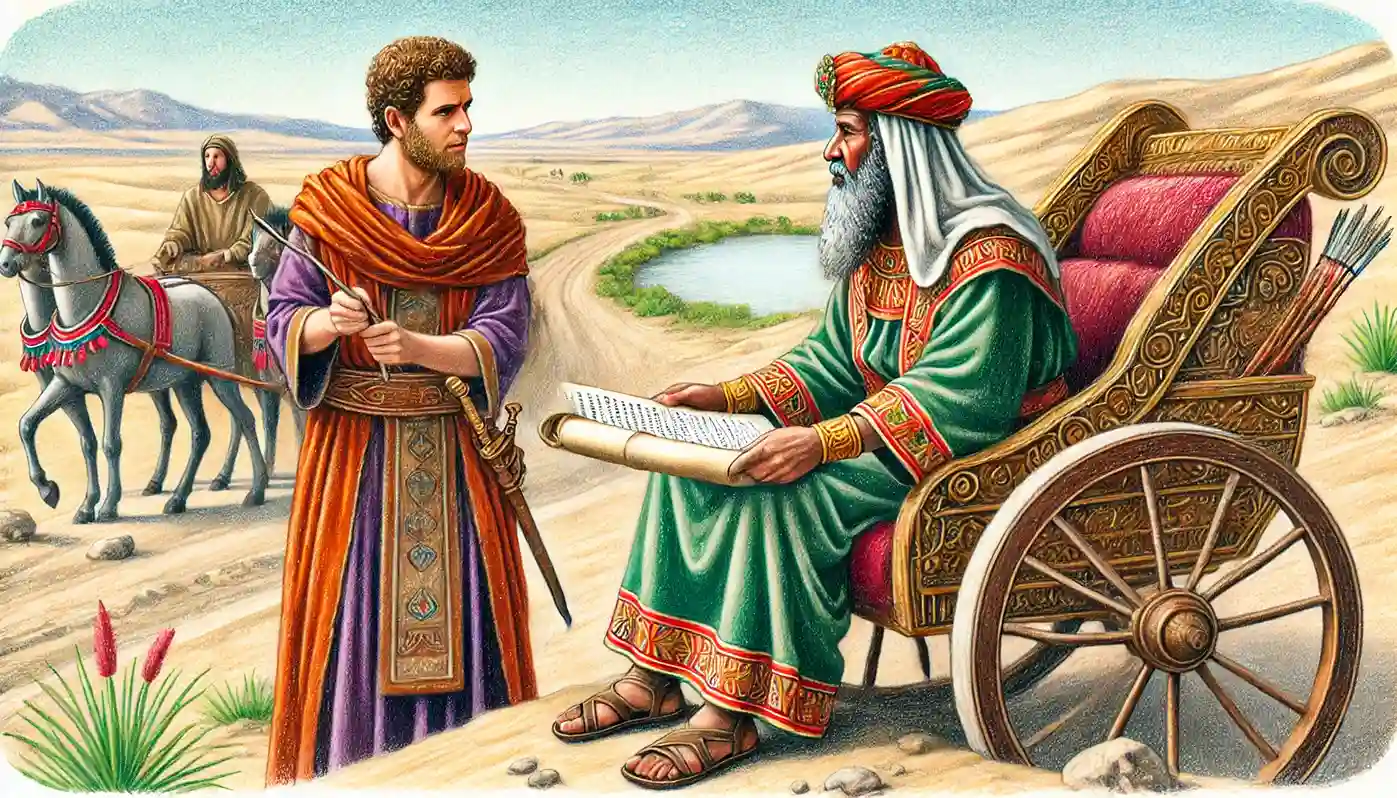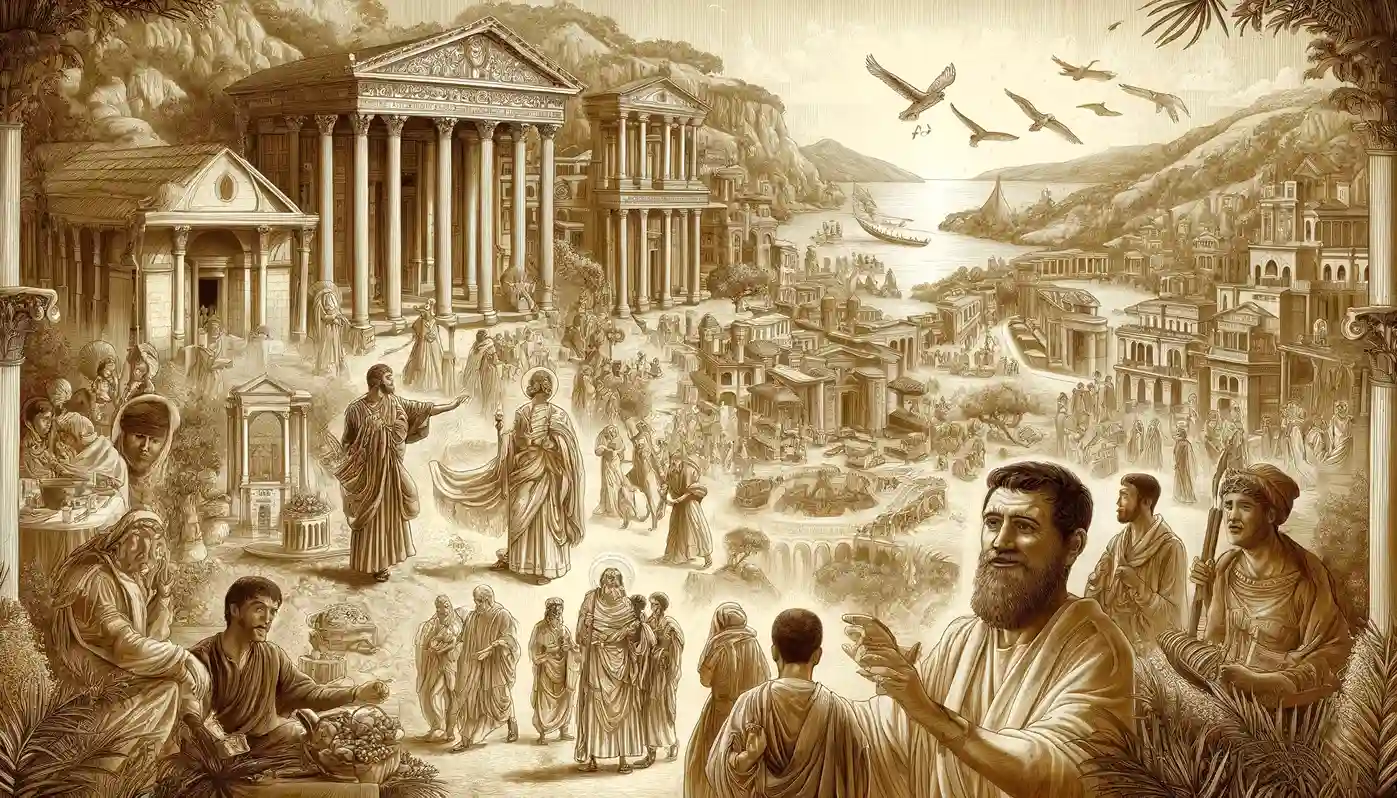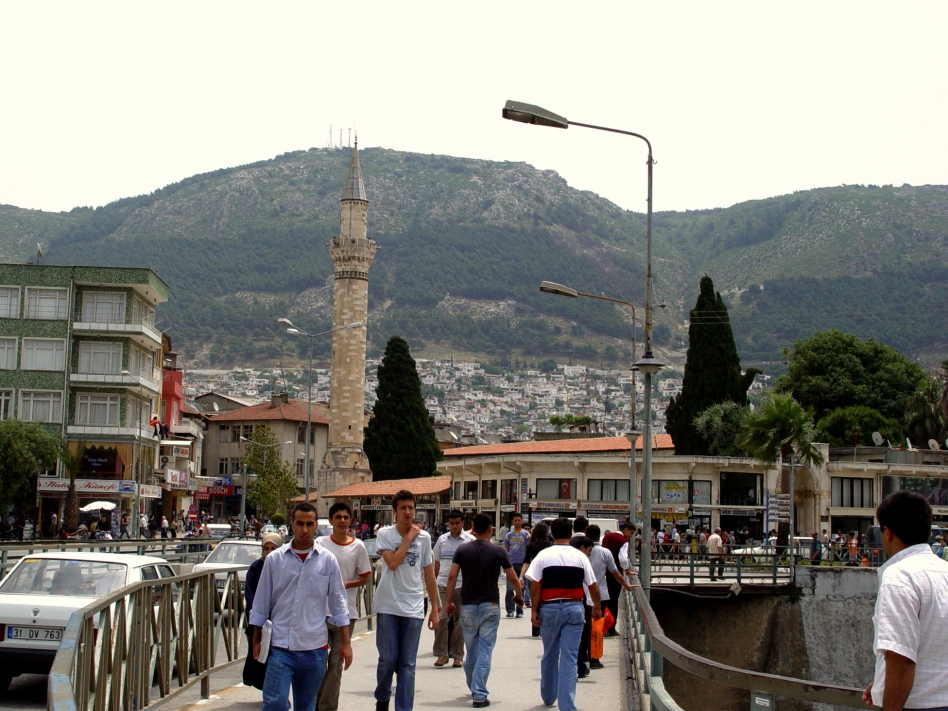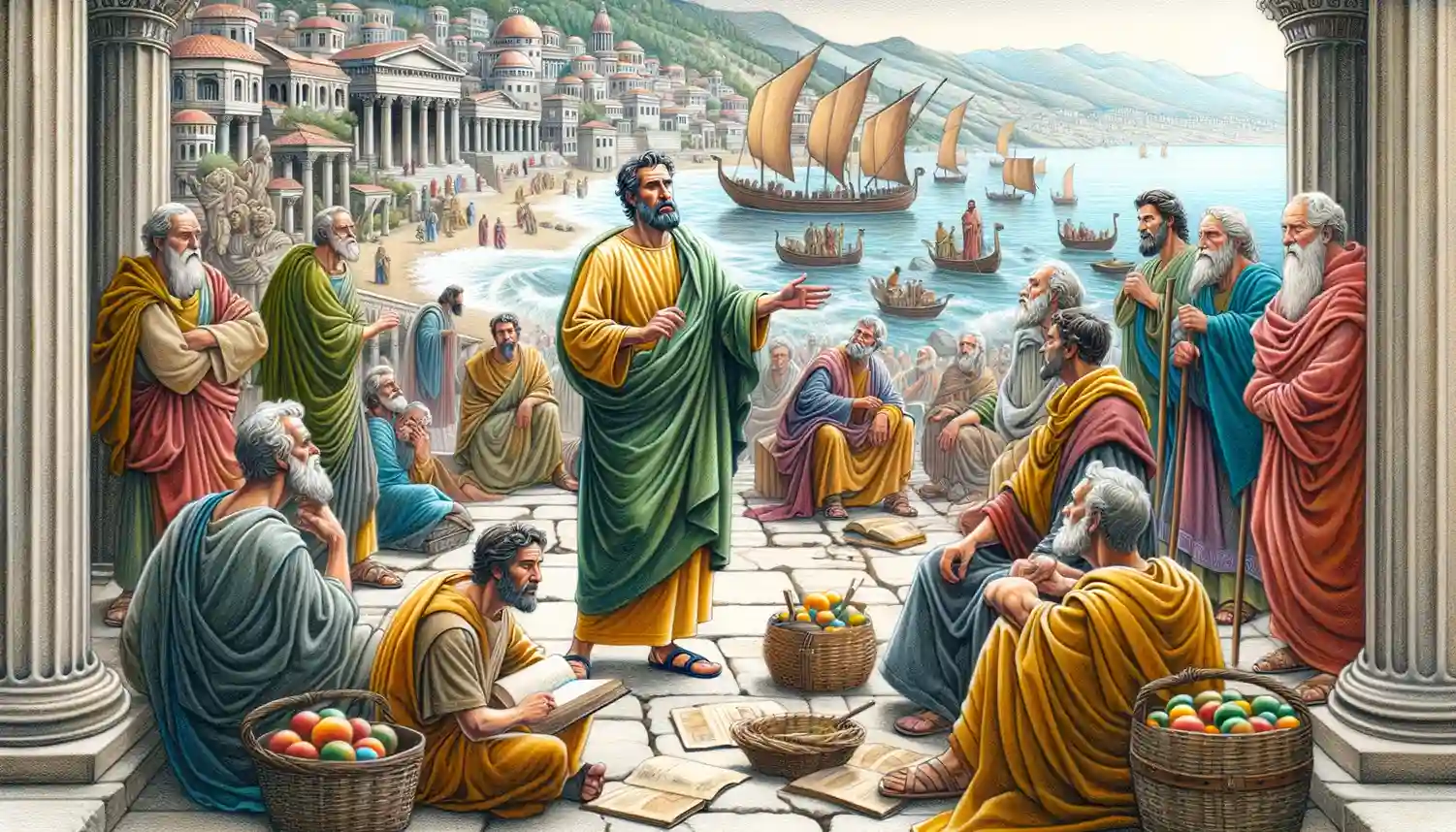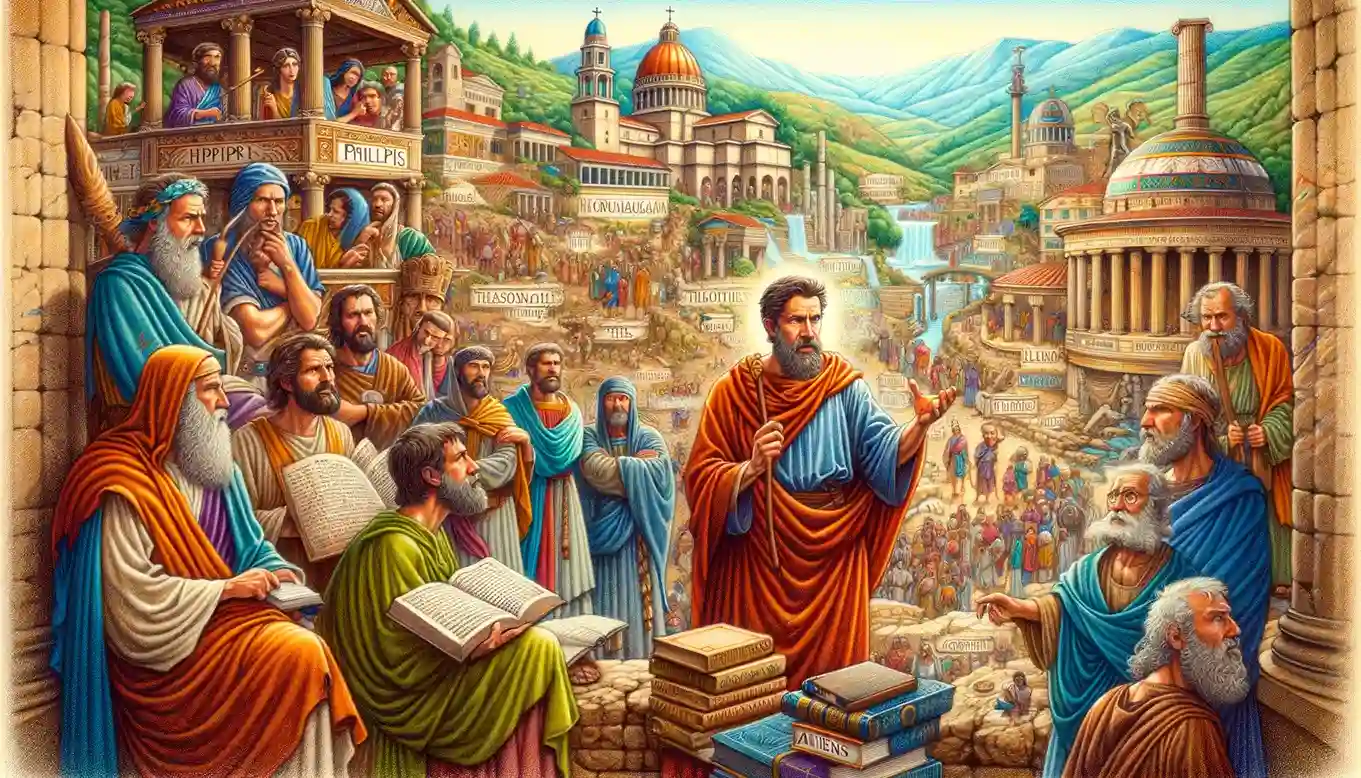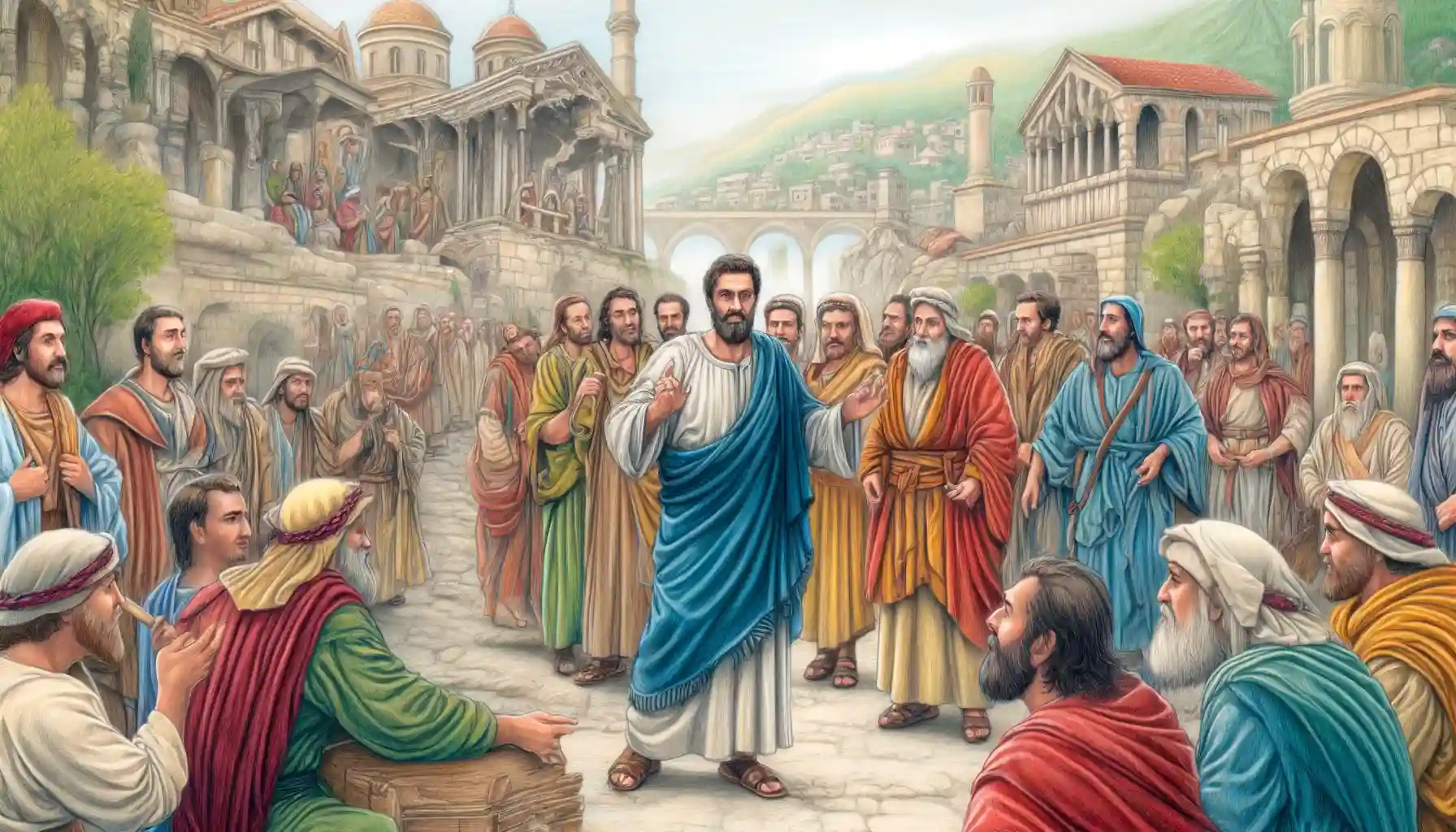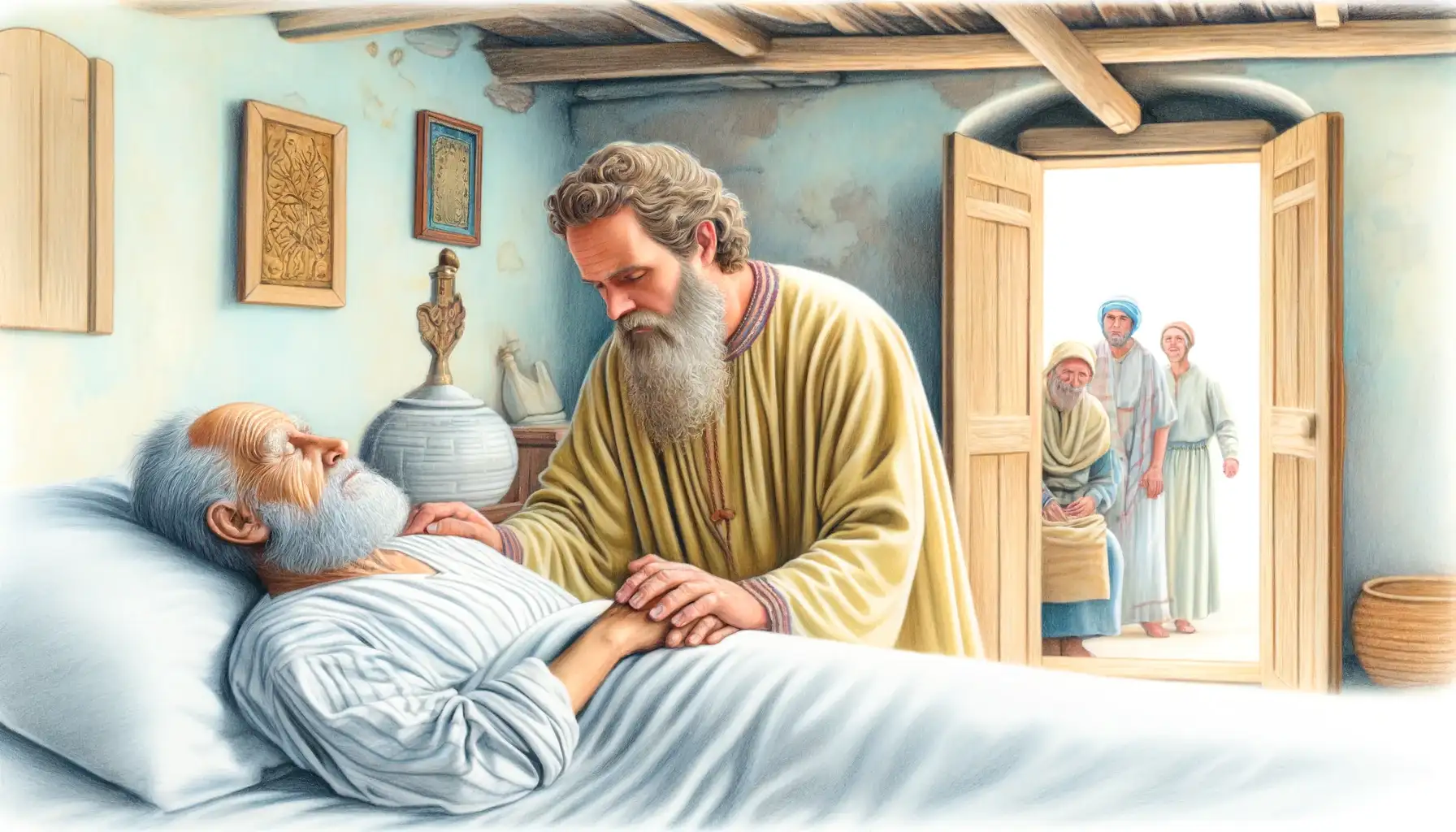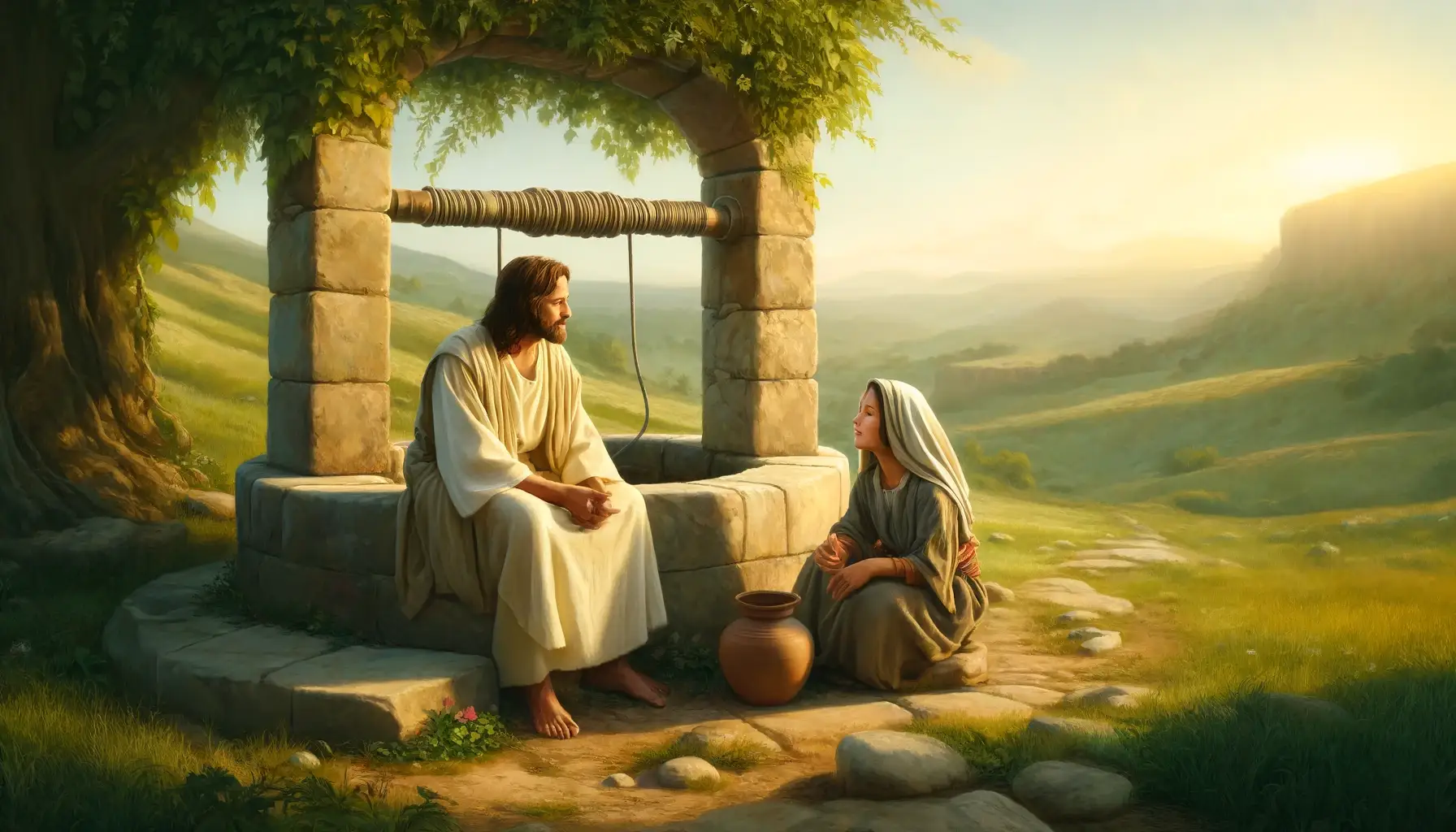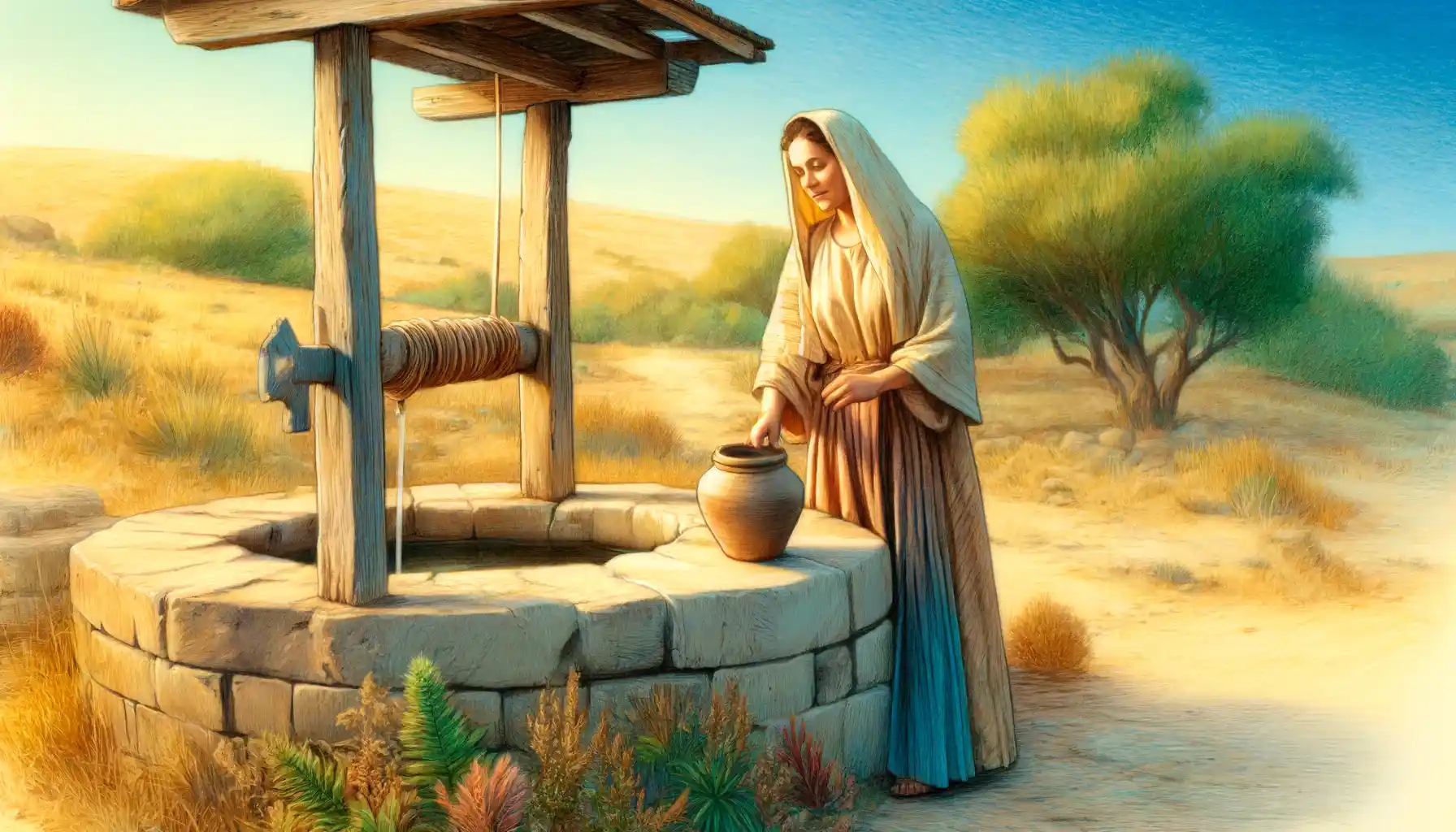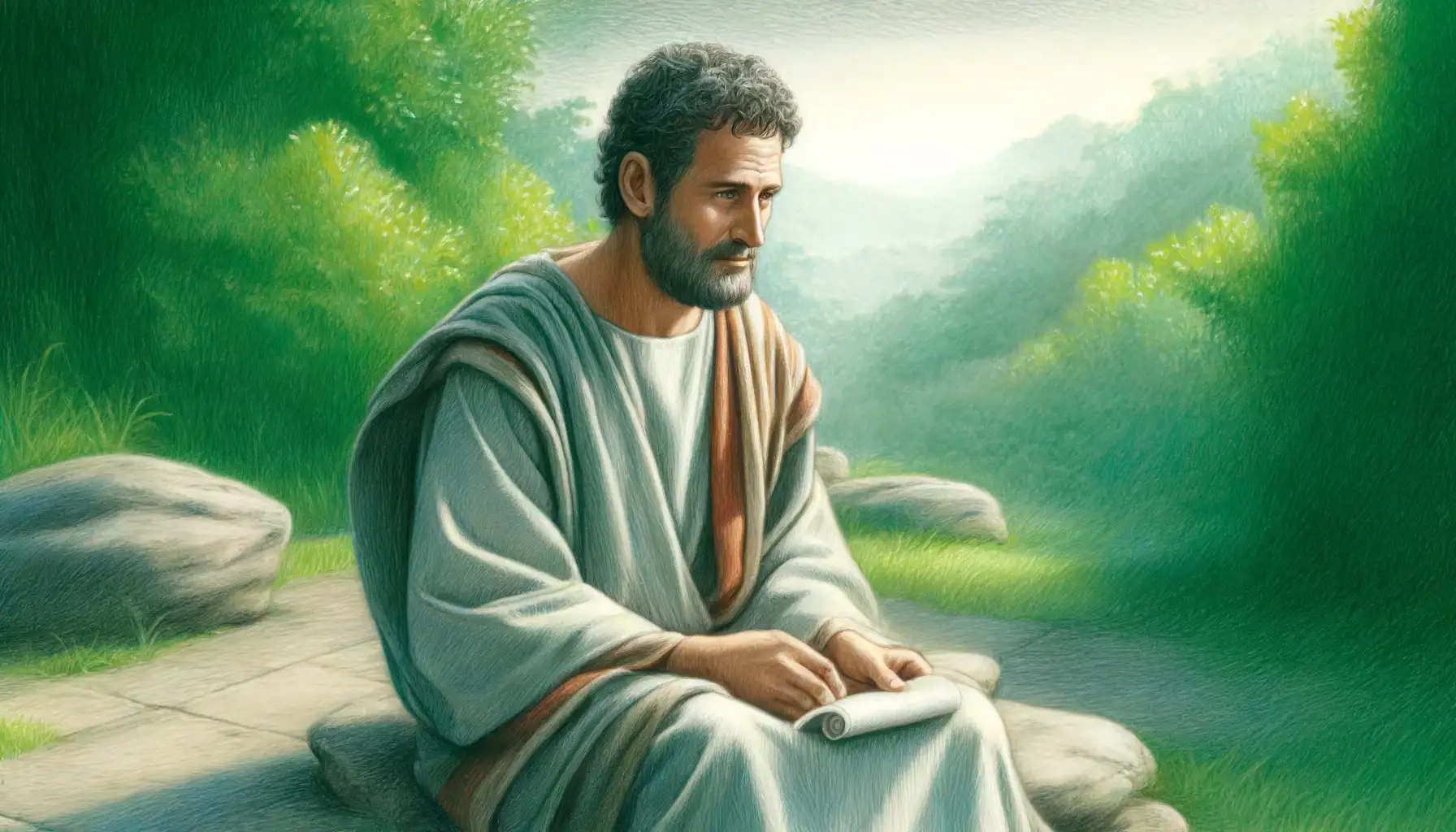Philip the Evangelist, guided by an angel, encountered an Ethiopian eunuch reading Isaiah on a desert road, explained the scripture’s significance regarding Jesus Christ, and baptized the eunuch, leading to his conversion and joy.
Paul’s missionary journeys, spanning from Antioch to cities like Ephesus, Philippi, Athens, and Corinth, were pivotal in the spread of Christianity, marked by his dedication to preaching the Gospel, performing miracles, and establishing strong early Christian communities despite numerous challenges and opposition.
Antioch, known as the “Cradle of Christianity,” was a pivotal city in early Christian history, serving as the first place where believers were called Christians, the launching point for Paul’s missionary journeys, and a key center for the inclusion of Gentiles in the faith, significantly shaping the spread and theological foundations of early Christianity.
Paul’s third missionary journey, accompanied by various disciples including Timothy and Luke, focused on strengthening and encouraging the early Christian communities he had previously established, as he traveled from Antioch through key locations such as Galatia, Phrygia, Ephesus, Macedonia, Greece, Troas, Miletus, and Jerusalem, preaching the Gospel, performing extraordinary miracles, facing opposition, and providing pastoral care, ultimately solidifying the foundation of the early church despite significant personal risk and challenges.
Paul’s second missionary journey, accompanied by Silas, Timothy, and later Luke, significantly expanded the reach of Christianity into Europe as they traveled from Antioch through key locations such as Philippi, Thessalonica, Berea, Athens, Corinth, and Ephesus, preaching the Gospel, performing miracles, and establishing strong Christian communities despite facing considerable opposition, thereby demonstrating the transformative power and inclusivity of the Gospel.
Paul’s first missionary journey, undertaken with Barnabas and John Mark, marked a foundational moment in the spread of early Christianity as they traveled from Antioch to Cyprus, Pisidian Antioch, Iconium, Lystra, and Derbe, preaching the Gospel, performing miracles, facing persecution, and establishing new churches, thereby demonstrating the transformative power of the Gospel and the inclusivity of God’s salvation plan.
The healing of Publius’ father by the Apostle Paul on the island of Malta demonstrated God’s power and mercy, as Paul prayed and laid hands on the sick man, resulting in immediate healing and leading to the recovery of many others on the island, which strengthened the faith of the Maltese people.
The meeting of Jesus with the Samaritan woman at Jacob’s Well serves as a critical lesson on the scope of Jesus’ ministry and the power of direct personal encounter in transforming lives and transcending cultural divides.
The Samaritan woman’s story is a powerful testament to Jesus’s ministry beyond traditional boundaries, emphasizing spiritual truth and personal transformation. Her encounter with Jesus at Jacob’s well leads to profound personal and communal changes, showcasing the inclusive nature of Jesus’s message.
Philip the Evangelist is remembered for his crucial role as a deacon and evangelist, significantly contributing to the spread of Christianity beyond Jewish communities into Samaria and even Ethiopia.

